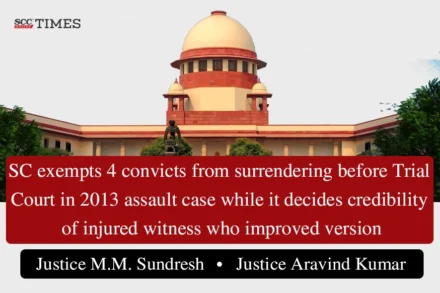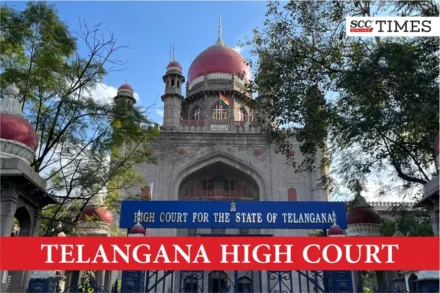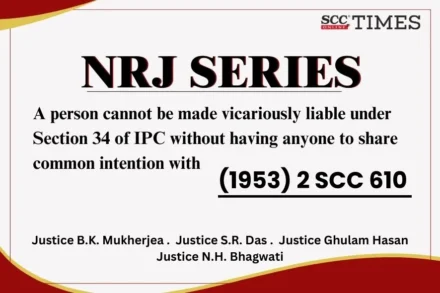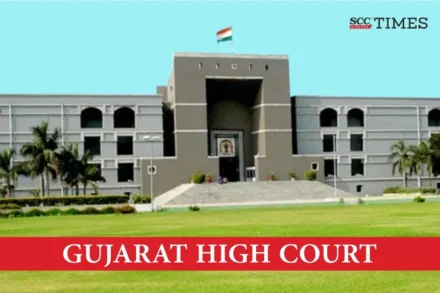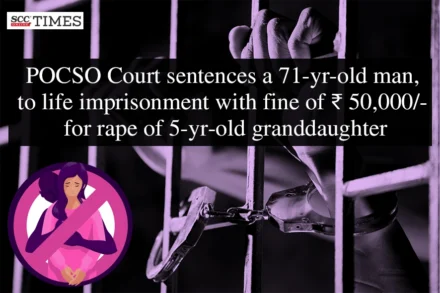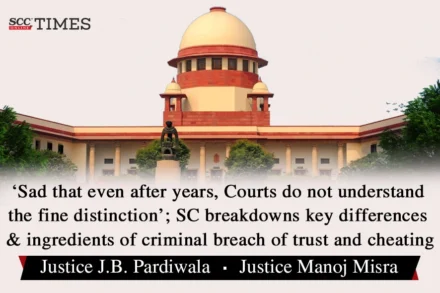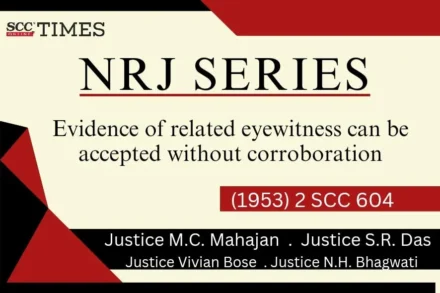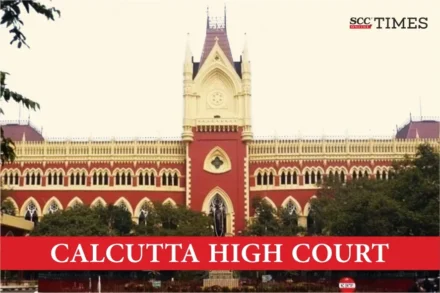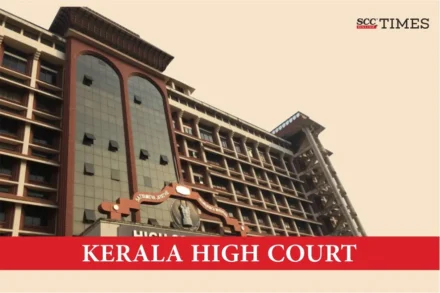
Section 498A IPC protection is available to woman even in marriage with the ‘colour’ of legality: Kerala HC
Kerala High Court said that the marriage under the customary or personal law, which is otherwise valid, has to be treated as valid between parties to that marriage for all practical purposes, unless and until it is challenged by any of the parties to that marriage, and declared void on any valid grounds.



